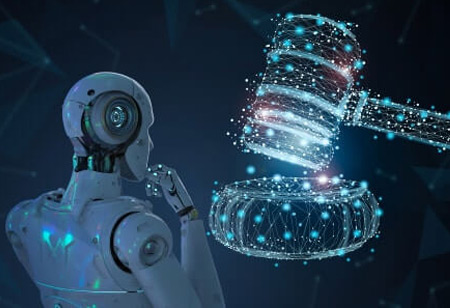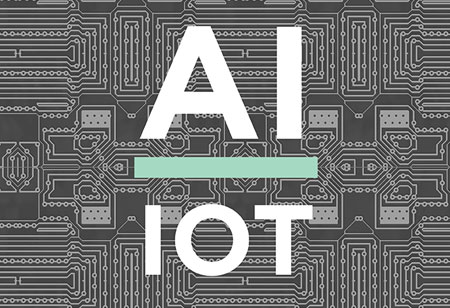THANK YOU FOR SUBSCRIBING
How AI Turned a Boon to Lawyers and Courts
E-bundle building technology is fast becoming more sophisticated, with AI-enabled features becoming more prevalent. AI-enabled document search capabilities are one such example

By
Apac CIOOutlook | Thursday, August 26, 2021
Stay ahead of the industry with exclusive feature stories on the top companies, expert insights and the latest news delivered straight to your inbox. Subscribe today.
E-bundle building technology is fast becoming more sophisticated, with AI-enabled features becoming more prevalent. AI-enabled document search capabilities are one such example. These clever technologies can recognize words and numbers in handwriting and pictures, in addition to traditional keyword matching.
Fremont, CA: One unintended consequence of the COVID-19 outbreak has been the acceleration of the digital transformation process for both courts and law firms. Virtual trials, which were formerly considered a pipe dream, are now being carried out with the help of technology. People are witnessing unprecedented levels of digitization in the legal profession, as well as unprecedented levels of innovation, including the rising use of artificial intelligence (AI) technology to address bottlenecks in legal processes.
AI in Bundle-Building
Producing paper-based packages for the court has long been a time-consuming process, but one that, happily, is becoming increasingly obsolete as a result of the pandemic. It is now common practice for law firms to create electronic bundles, or 'e-bundles,' for court, with judges requesting that these be easily accessible and searchable, rather than simply divided up into many pdfs shared through email.
E-bundle building technology is fast becoming more sophisticated, with AI-enabled features becoming more prevalent. AI-enabled document search capabilities are one such example. These clever technologies can recognize words and numbers in handwriting and pictures, in addition to traditional keyword matching. They also support pattern matching for phone numbers, addresses, postcodes, and social security numbers. Additional techniques, such as automatic redaction, can be placed on top of this technology. This means that a lawyer or paralegal might search for and redact all instances of a phone number in an entire bundle in seconds and then apply criteria to the bundle to ensure that the text is only redacted for those accessing the document who do not have the necessary permissions. These tools are not only significantly faster than humans, but they are also a lot more precise, eliminating the chance of unintended information leaks.
Broadening Access to Justice
With a rise in virtual court proceedings – online, via video, and teleconferencing – there is more opportunity to expand access to justice for all. Relevant parties can be safely invited to a remote hearing with the proper trial bundle processes displayed on the screen. There is also a greater opportunity to apply AI to provide real-time translation and transcription services in this context.
Natural Language Processing (NLP) is rapidly improving to a high standard, and it is already being used to translate in real-time with great accuracy. In circumstances where translators are required, NLP translation systems have the potential to revolutionize timelines. Whole bundles can be translated with a high degree of accuracy, requiring only a translator to go through and verify for and correct any errors and validate the translation.
Check out: Top Drone Technology Consulting Companies





